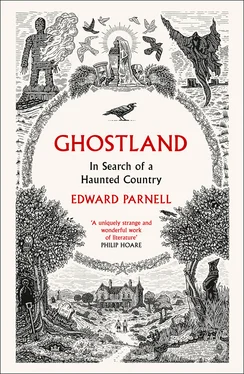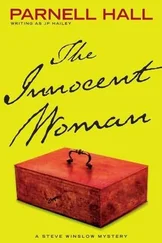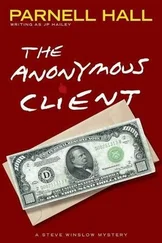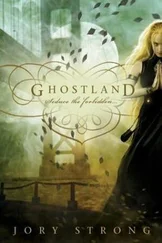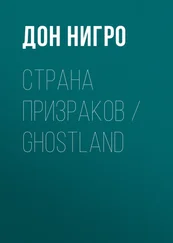1 ...6 7 8 10 11 12 ...18 The strange white world lay stroked by silence. No birds sang. The garden was no longer there, in this forested land. Nor were the outbuildings nor the old crumbling walls. There lay only a narrow clearing round the house now, hummocked with unbroken snowdrifts, before the trees began, with a narrow path leading away.
The scene reminds me of an earlier remembrance – the first time I saw proper deep snow, which had fallen on our garden overnight, anaesthetising the land and deadening all sound. Dad and I placed sticks in the snow-hills that the wind had sculpted, marking each one with a makeshift wooden trig point that reminded me of the mountains I longed to climb on the holidays we took, far removed from those flatlands.
The river is choppy, its banks a dirty green – there’s not a hint of snow in the sky – but I’m surprised by the new areas of wildlife habitat that have been cut alongside the water since the last time I was here: miniature inlets and scrapes, and a fledgling reedbed that would have been perfect back then for me to scan. In this same spot we watched transfixed on a correspondingly biting afternoon as a bare-chested man bobbed beside the river’s metal-reinforced far bank, a few strokes behind a paddling cow that he was trying to coax back onto dry land. My father knew him, he was a local farmer.
At the aptly named Crowland, a parliament of rooks is feeding amid a ploughed beet crop. I slow as I pass the town’s Civil War-ruined abbey, commemorated in a gothic sonnet by the ‘peasant poet’ John Clare, whose village of Helpston is only nine miles away, and whose wife spent her dying days in my home town:
We gaze on wrecks of ornamented stones,
On tombs whose sculptures half erased appear,
On rank weeds, battening over human bones,
Till even one’s very shadow seems to fear.
I stop in the heart of the nothingness, pulling onto the head of a dirt drove that branches off at a right angle to the main route’s undulating, cracked tarmac. It’s a bleak place, the very same stretch of road where, as teenagers, my friends and I would switch off our headlights while motoring at speed, briefly plunging ourselves into blindness. We were young and rash, fortunate not to suffer the classic Fenlander’s end and find ourselves drowning in two foolish feet of lonely water at the bottom of one of the ubiquitous steep-sided dykes that line those routes. A patch of ice at the wrong moment could have created a local tragedy and transformed us into a carload of ghouls.
If we had perished that way, perhaps one of us might have been fated to a curious, brief half-life like the main character Mary Henry, a church organist, in Carnival of Souls . At the start of the dreamlike, low-budget black-and-white 1962 movie she washes up on a sand bar more than three hours after the car she was a passenger in has plunged into the Kansas River, killing her two companions. She moves from the scene of the tragedy to Utah, where she finds herself stalked by a mysterious figure – ‘the Man’, played by the film’s director Herk Harvey – and a cast of undead dancers at the abandoned Saltair bathing pavilion that looms out of the Great Salt Lake’s fluctuating dried-out flatness, a landscape not unlike the Fens. The film’s eerie discordant organ music has a similarly hypnotic effect on Mary as the hurdy-gurdy of Lost Hearts does on Stephen. And, indeed, as both soundtracks seem to have on me.
‘It was though – as though for a time I didn’t exist. No place in the world,’ Mary says, after a fugue-like episode where she cannot hear external sounds or interact with her fellow townsfolk, before the song of a bird brings her back into the now. The young drowned organist, cast in the role of an awkward outsider, has been allowed to live out a brief window of her lost youth: events not actualised that should never have come to pass. Her limbo is a fleeting foretaste of what could have been.
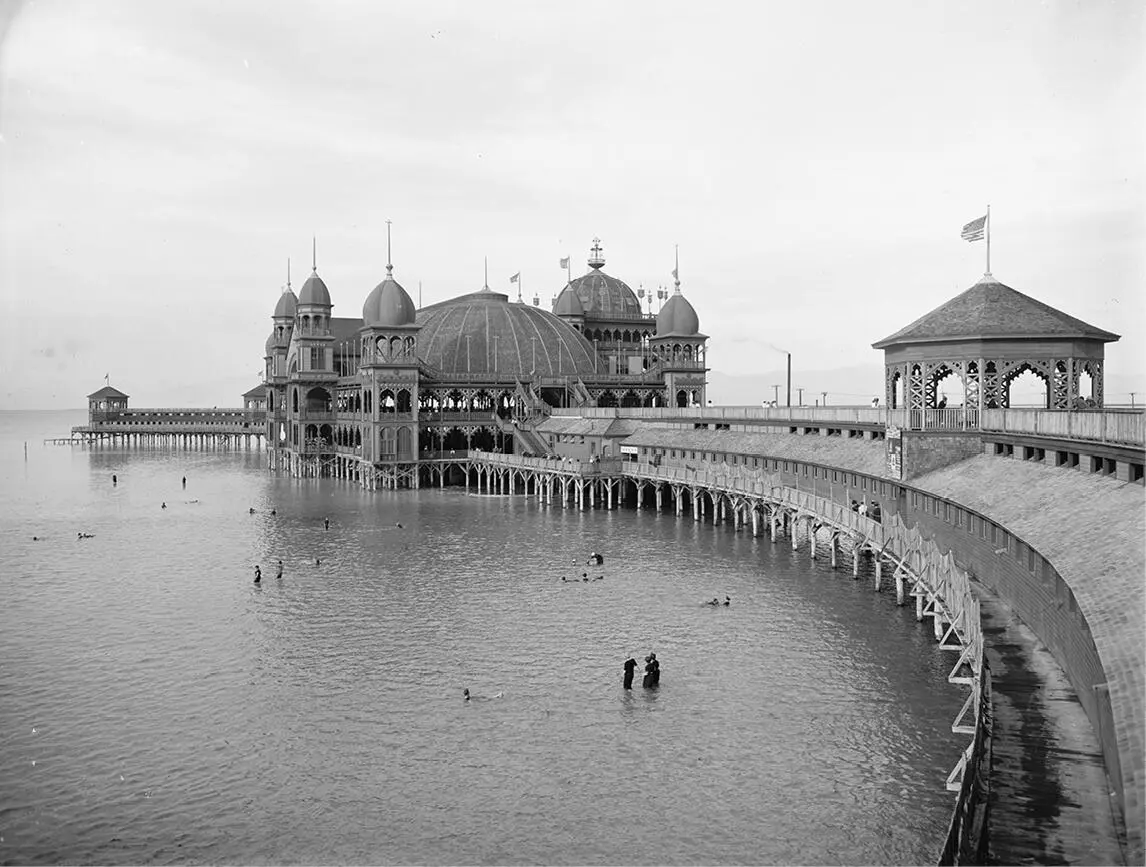
Photo c . 1900 by William Henry Jackson (1843–1942) (Wikimedia Commons)
Like my family’s own future among these formless fields.
Fear and paranoia were staples of growing up during the late 1970s and early 1980s. Made in 1973, the year I was born, Lonely Water is a public information film I vividly remember seeing at the cinema as a boy, before whatever main feature I’d been brought to see.‡ In recent years it has acquired a deserved cult reputation for its dark, warning content. Watching it now you’d think there was little danger that any child who saw Lonely Water would set foot on a riverbank or the shoreline of a reservoir ever again. Yet I did still go fishing with only a friend for company, and we often did end up messing about near the water, which makes we wonder whether the film’s message was lost on their target audience. Perhaps the known risk added an illicit thrill we found impossible to resist?
Just a minute and a half long, the film opens with a panning shot across a black, twig-strewn pond, accompanied by Donald Pleasance’s chilling voiceover – ‘I am The Spirit of Dark and Lonely Water, ready to trap the show-off, the unwary, the fool’ – before the camera lingers on a hooded Grim Reaper standing in the shallows. We cut to another hooded figure, a blue-coated boy, who is playing with his friends on the muddy bank of a gravel pit. One of his companions, a lank-haired urchin, is poking a stick at a football that’s fallen into the water. We look up at them from the position of the ball, towards the down-jabbing twig and the four shouting children; the Spirit looms behind them, unbeknown, as the boy slips on the bank. Without learning the fate of the show-off (though the implication is obvious), we switch to a bucolic scene – a tranquil duck-filled millpond. This time a lone older lad is leaning forwards, supporting his weight on the bough of an overhanging tree, again to stab at some untouchable object. Donald Pleasance’s narrator informs us with great delight: ‘This branch is weak. Rotten. It’ll never take his weight.’ We hear the snap as it falls, the cloaked voyeur observing the unfolding tragedy through the nearby reeds.
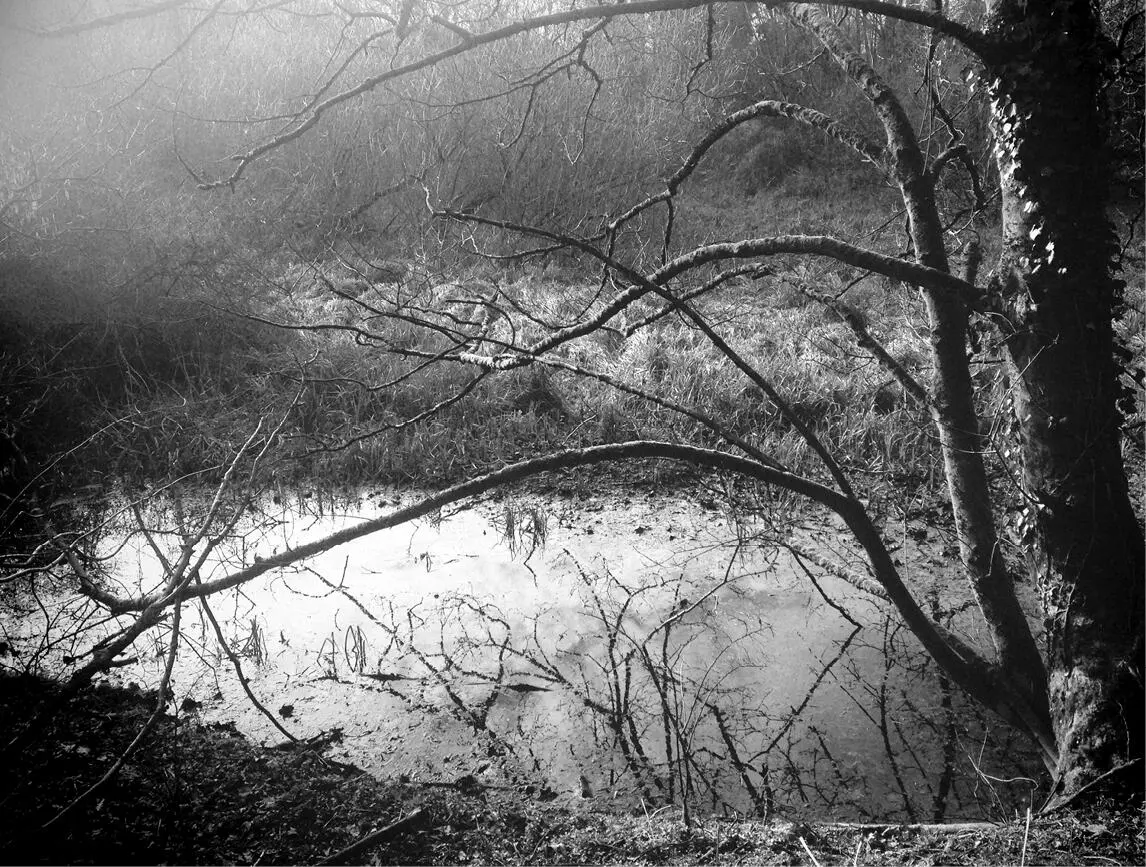
The final scene jumps to a close-up of a ‘Danger No Swimming’ sign, spelled out in large red letters. ‘Only a fool would ignore this … But there’s one born every minute.’ A pile of clothes and a pair of shoes have been left among a mountain of detritus as the camera pans to the pit where a boy is struggling and shouting for help. ‘Under the water there are traps: old cars, bedsteads, weeds, hidden depths. It’s the perfect place. For an accident.’
Watching Lonely Water again, the grisly relish Donald Pleasance’s Spirit takes in his description of these lurking dangers is one of the most unnerving elements about it – this brief voiceover role might well be the most frightening of his long career. The lad, fortuitously, is rescued from the water by two sensible passing children who chide him in thick cockney accents – ‘Oi mate, that’s a stupid place to swim’ – and the Spirit is exorcised, leaving just a discarded robe on the muddy ground that is thrown into the water by his rescuers. But Pleasance is determined to have the last word, the Spirit’s voice reverberating as the camera lingers on the cape that is by now sinking beneath the brown waves:
‘I’ll be back. Back. Back …’
In works of unsettling fiction, Britain’s inland waterways are not commonly a haunted geographical feature, though we have a vengeful spirit born of water in M. R. James’s Dartmoor-set ‘Martin’s Close’, and a canal trip looms large in Elizabeth Jane Howard’s ‘Three Miles Up’. There is also a story that I cannot seem to shake by an unfairly neglected author of the second half of the twentieth century: A. L. Barker’s ‘Submerged’.
Читать дальше
